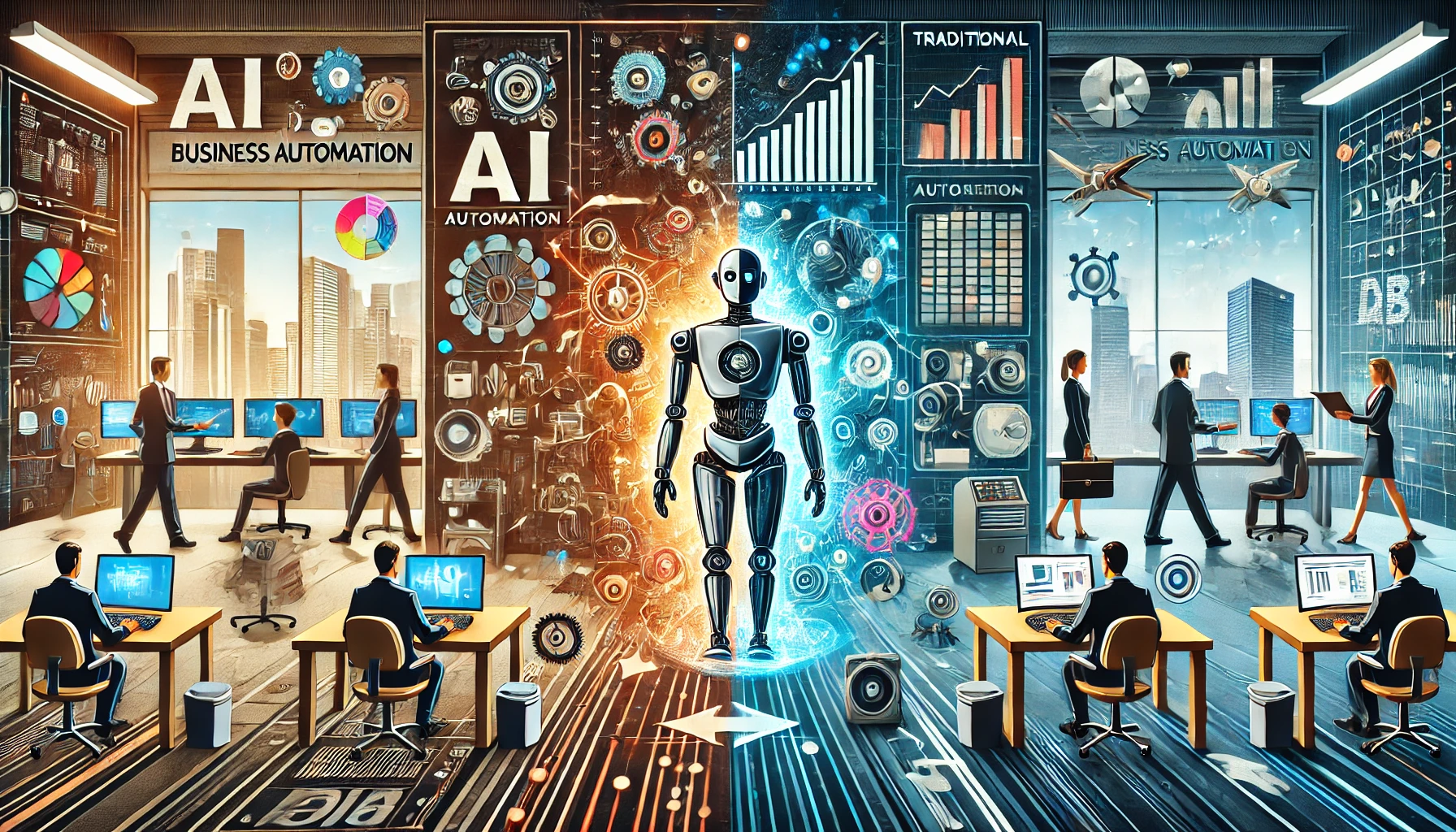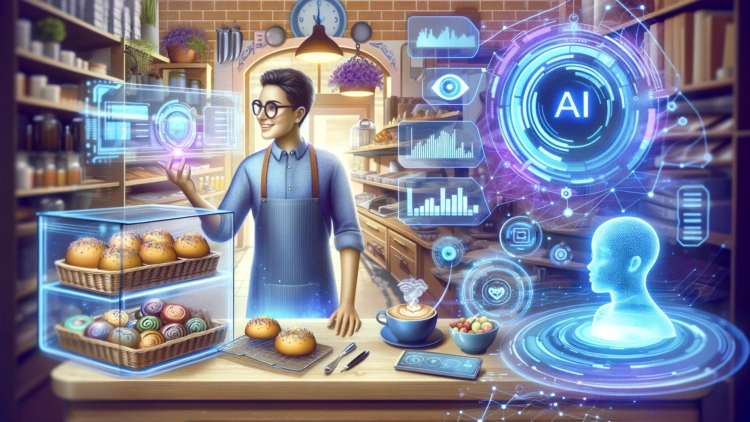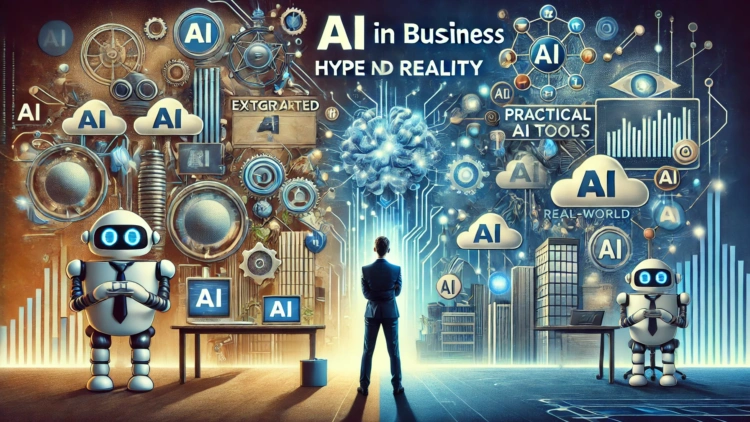While automation is not new in business, AI-driven automation represents a paradigm shift, introducing self-learning capabilities and advanced decision-making that traditional systems can’t match.
Key Differences Between Traditional and AI Automation: Traditional automation is rule-based and rigid, handling only predefined tasks. AI automation, in contrast, learns and adapts, continuously optimizing workflows based on data it processes in real-time, allowing businesses to quickly adapt to market changes.
Why Businesses Need AI-powered Automation: AI automation dramatically expands efficiency beyond simple task automation. It can predict customer needs, customize interactions dynamically, and enhance internal operations. For example, marketing automation powered by AI can adjust campaigns dynamically based on user engagement, significantly increasing conversions.
Industries Thriving with AI Automation:
- Retail: AI-driven inventory management predicts demand accurately, reducing costs associated with excess inventory.
- Healthcare: Automated patient follow-ups and AI-driven diagnostic tools speed up service and reduce administrative burdens.
- Financial Services: AI fraud detection identifies and mitigates risks faster and more effectively than traditional systems.
Integrating AI Seamlessly: Choosing AI tools that integrate smoothly with existing systems, like CRM platforms or accounting software, makes transitioning seamless and enhances overall operational efficiency without significant disruption.
Need help identifying where AI can replace outdated business processes? Let’s strategize together.




